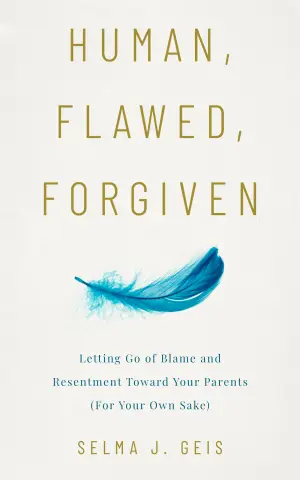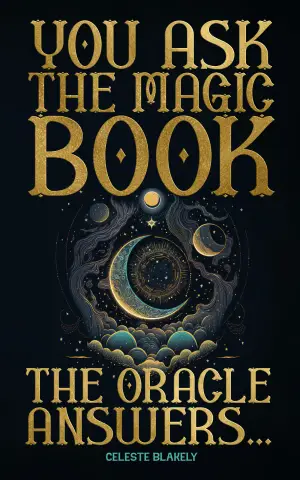Rediscovering Humanity in Adrian Tchaikovsky’s Children of Time
Adrian Tchaikovsky’s Children of Time caught my attention the moment I stumbled across its hauntingly beautiful premise: a terraformed planet, a desperate last hope for humanity, and a clash of civilizations unlike anything I’ve encountered in speculative fiction. As someone deeply fascinated by the intersections of evolution and societal constructs, I was immediately drawn in, eager to explore the vast tapestry woven by Tchaikovsky’s imagination. The book is not just a tale of survival; it’s an exploration of what it means to be human—or, in this case, what might replace humanity.
The narrative unfolds through dual storylines: one follows the last remnants of humanity aboard the generation ship Gilgamesh, and the other tells the saga of a race of intelligent spiders that evolved from Tchaikovsky’s nanovirus-infused terraforming project. This structure at first seems jarring, but remarkably, it allows for an intricate dance between perspectives, ultimately enriching the reader’s journey. I frequently found myself immersed in the nuanced evolution of the spiders’ society—part of me rooting for them as they developed their own culture, religion, and social hierarchies, while another part was filled with trepidation about the looming confrontation with their human “neighbors.”
Tchaikovsky’s writing style flows beautifully, seamlessly blending science fiction with profound philosophical inquiries. He deftly exposes the fragility of human constructs, the consequences of hubris, and questions the very essence of intelligence and society. I was particularly struck by how the spiders, particularly the character of Bianca, grapple with gender dynamics—where males are seen as inferior and only valuable in their roles as mates and laborers. It’s a clever commentary on our own societal issues, yet it remains rooted in a fantastical narrative.
There are moments that linger in the mind long after reading, such as the exploration of belief and morality in a society completely different from our own. As reviewer Kypris Aster Drake noted, the complex themes of gender inequality and interspecies conflict weave a rich, intricate layer into the storyline, prompting readers to reflect on our present reality.
The pacing is where opinions seem to diverge. While some parts may meander, I found the ebb and flow of the story allowed me to digest the monumental implications of Tchaikovsky’s world-building. I often felt as if I were witnessing history as it unfolded, much like the characters themselves, with the final act culminating in a breathtaking collision of ideologies that left me breathless.
Children of Time isn’t a light read, nor is it for the faint of heart. It’s a dense narrative that challenges our understanding of civilization and what it means to coexist. I wholeheartedly recommend it to fellow readers looking for an unorthodox exploration of evolutionary concepts intertwined with deep social commentary. Whether you’re a die-hard science fiction aficionado or simply someone curious about the potential futures that await us, Tchaikovsky’s ambitious endeavor is sure to leave its mark.
In the end, Children of Time prompted me to reflect on our human tendencies—our flaws and our hopes—and to ask, as the book does, who are the true heirs to our Earth? It’s a question that lingers long after the final page, making this read not just an escape, but a profound meditation on life, existence, and everything in-between.






